B1: Ethno-religious Diversity between Regulation and Everyday Practice
PD Dr. Tsypylma Darieva (ZOiS)
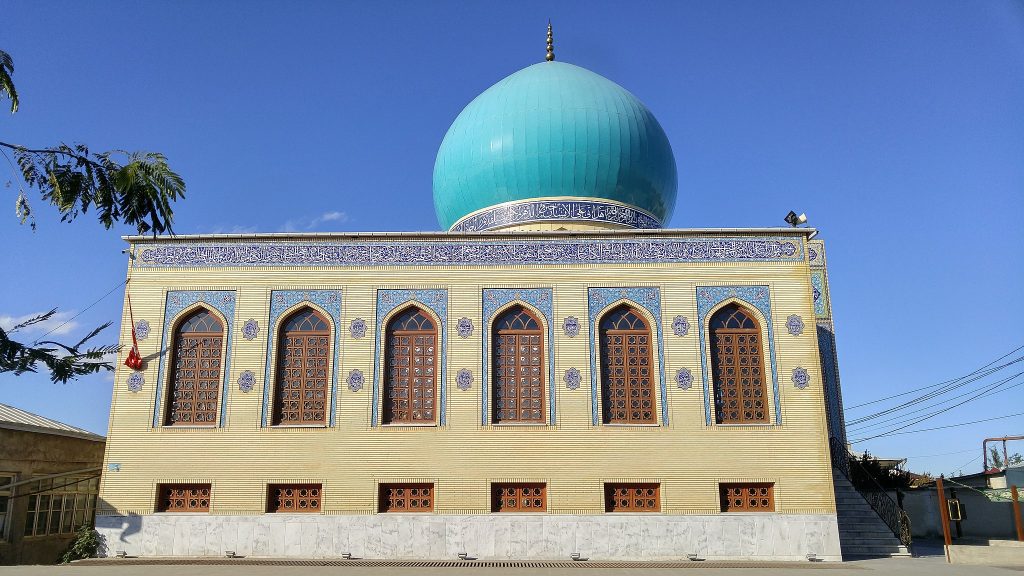
Foto: Mosque in Marneuli, Georgia, 2017 © Mostafameraji, Creative Commons Attribution-Share Alike 4.0 International license
Project description
The logic of religious diversity and the dynamics of inter-faith relations in the post-Soviet “South” remain insufficient researched, even though they are highly relevant for this region. Oftentimes the South Caucasus is furthermost associated with conflict, violence and displacement.
Against this background, the project investigates how ethnic and religious diversity is negotiated and regulated institutionally and in everyday life in the South Caucasus. It aims to explore legal and customary regulations of difference, multilinguality, the role of religious actors in inter-ethnic conflicts and local perspectives on complexity and peace formation in ethnically and religiously mixed settlements (rural and urban neighborhoods). Based on qualitative research methods, the study explores these issues related to everyday peace practices at contested and shared places, informal institutions of regulation and initiatives on local and regional level in (post)Soviet Georgia and Azerbaijan. Additionally, the project seeks to identify contemporary forms of civic engagement (NGOs) and strategies of conflict avoidance. And it will generate empirical data on cooperation initiatives in selected places and contribute to the studies of diversity as a process.
Key questions
Methodology and sources
Project team
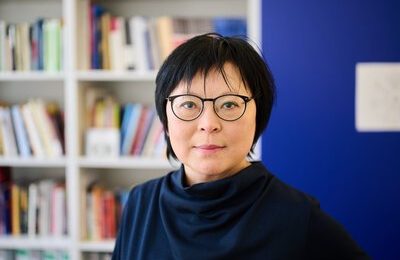
PD Dr. Tsypylma Darieva
Partners in Georgia
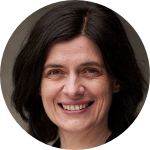 Prof Dr. Ketevan Gurchiani is professor of anthropology at Ilia State University in Tbilisi, Georgia. She is particularly interested in lived religion, the domesticated and undomesticated nature of the city, and informal practices of resistance. > Ketevan Gurchiani at ISU
Prof Dr. Ketevan Gurchiani is professor of anthropology at Ilia State University in Tbilisi, Georgia. She is particularly interested in lived religion, the domesticated and undomesticated nature of the city, and informal practices of resistance. > Ketevan Gurchiani at ISU
 Tinatin Khomeriki is a social and cultural anthropologist and an Assistant Professor at the Free University of Tbilisi, Georgia. She defended her doctoral thesis titled Vernacular Security in Tbilisi in 2023. Her ongoing research interests include urban anthropology, post-socialist transformations, (in)security, and (mis)trust. > Tinatin Khomeriki at Free University Tbilisi
Tinatin Khomeriki is a social and cultural anthropologist and an Assistant Professor at the Free University of Tbilisi, Georgia. She defended her doctoral thesis titled Vernacular Security in Tbilisi in 2023. Her ongoing research interests include urban anthropology, post-socialist transformations, (in)security, and (mis)trust. > Tinatin Khomeriki at Free University Tbilisi
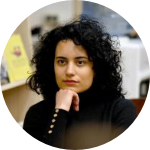 Sopiko Rostiashvili is a sociologist and researcher of migration and ethnic minorities at Batumi University, Georgia. She acquired a master’s degree in Sociology from Ilia State University in 2022. She thesis is titled “Svan migrant’s self-assertion practices in Dmanisi, Kvemo Kartli” Her interests are migration, environmental migrants, ethnic and religious minorities, the co-existence of diverse ethnic groups, ethno-religious nationalism, and migration in Georgia.
Sopiko Rostiashvili is a sociologist and researcher of migration and ethnic minorities at Batumi University, Georgia. She acquired a master’s degree in Sociology from Ilia State University in 2022. She thesis is titled “Svan migrant’s self-assertion practices in Dmanisi, Kvemo Kartli” Her interests are migration, environmental migrants, ethnic and religious minorities, the co-existence of diverse ethnic groups, ethno-religious nationalism, and migration in Georgia.
Partners in Azerbaijan
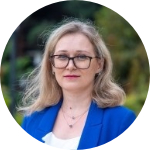 Yuliya Aliyeva is an instructor in Social Sciences, SPIA, ADA University, Baku, Azerbaijan; PhD Candidate at the Institute for Comparative Cultural Research and the Study of Religions at Philipps-Universität Marburg, Germany. She is particularly interested in Theories of Religion and Culture, Multiculturalism and Managing Diversity, Feminisms and Translocalities and Qualitative Social Research. > Yuliya Aliyeva at ADA
Yuliya Aliyeva is an instructor in Social Sciences, SPIA, ADA University, Baku, Azerbaijan; PhD Candidate at the Institute for Comparative Cultural Research and the Study of Religions at Philipps-Universität Marburg, Germany. She is particularly interested in Theories of Religion and Culture, Multiculturalism and Managing Diversity, Feminisms and Translocalities and Qualitative Social Research. > Yuliya Aliyeva at ADA
 Dr. Aneta Strzemżalska is a journalist at Journal “Nowa Europa Wschodnia”. She is particularly interested in Political anthropology, anthropology of war, nationalism, ethnography of the Caucasus, religious movements.
Dr. Aneta Strzemżalska is a journalist at Journal “Nowa Europa Wschodnia”. She is particularly interested in Political anthropology, anthropology of war, nationalism, ethnography of the Caucasus, religious movements.
Related Publications
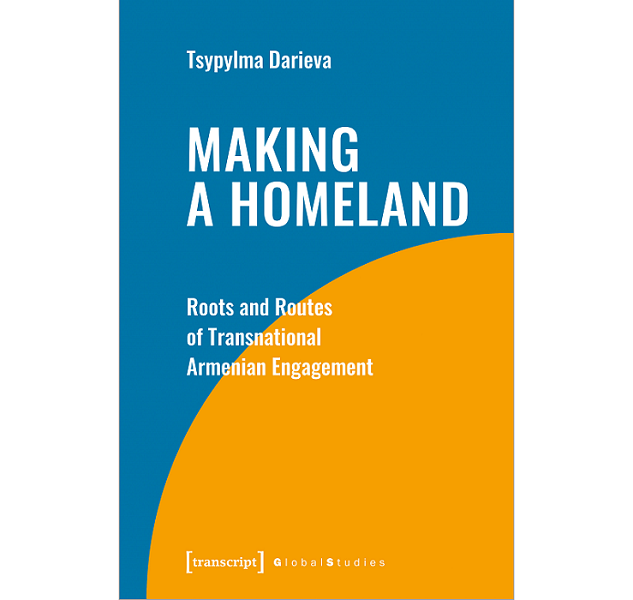
BOOK: Making a Homeland. Roots and Routes of Transnational Armenian Engagement
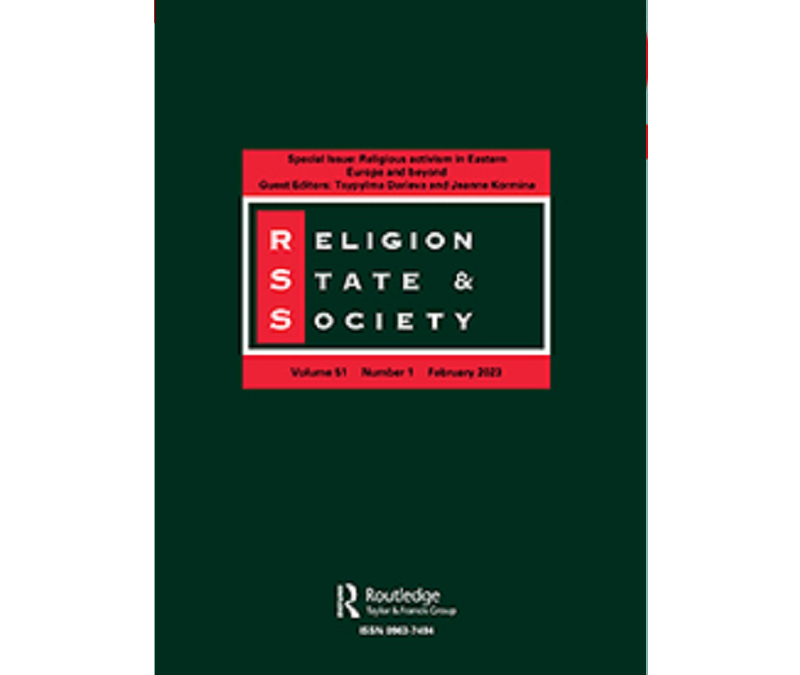
ARTICLE: Claiming the City: Faith-based Muslim Activism in Georgia
Author: Tsypylma Darieva (ZOiS)
In: Religion, State and Society, 51(1), 2023, pp 65-82
Published online: 24 Mar 2023
